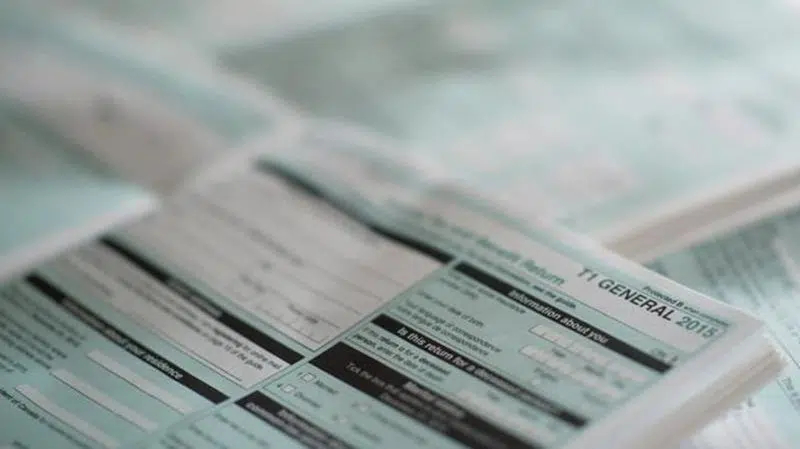
New federal aid and COVID-19 survival instinct; In The News for April 6
In The News is a roundup of stories from The Canadian Press designed to kickstart your day. Here is what’s on the radar of our editors for the morning of April 6 …
COVID-19 in Canada …
OTTAWA — Applications open today for the new federal emergency aid benefit for Canadians who have lost their income because of COVID-19.
The Canada Revenue Agency will open its application portals this morning to those born in the first three months of the year, with those born in other months able to apply later in the week.


